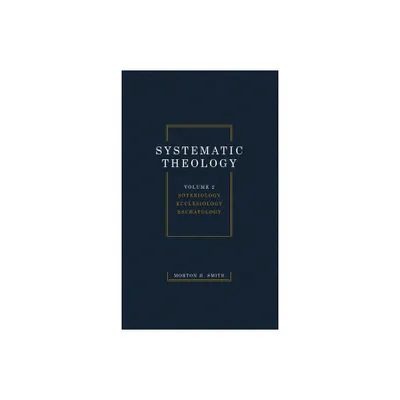Home
GIS Applications Agriculture, Volume Two: Nutrient Management for Energy Efficiency
Loading Inventory...
Barnes and Noble
GIS Applications Agriculture, Volume Two: Nutrient Management for Energy Efficiency
Current price: $230.00


Barnes and Noble
GIS Applications Agriculture, Volume Two: Nutrient Management for Energy Efficiency
Current price: $230.00
Loading Inventory...
Size: Hardcover
*Product Information may vary - to confirm product availability, pricing, and additional information please contact Barnes and Noble
We are entering a new era in production agronomics. Agricultural scientists the world over call for the development of techniques that simultaneously increase soil carbon storage and reduce agriculture’s energy use. In response, site-specific or precision agriculture has become the focus and direction for the three motivating forces that are changing agriculture today: the expanding capacity of personal computers, the molecular biology revolution, and the recent developments in information technology such as the increasing use of geographical information systems (GIS).
Using mathematics, technology, and creativity,
GIS Applications in Agriculture, Volume Two: Nutrient Management for Energy Efficiency
examines the development of nutrient management practices that help producers improve their profitability and energy efficiency. Throughout the book, chapters demonstrate how complex mathematical and spatial modeling approaches can provide the basis for much of our present and certainly our future management practices.
Highlighting recent successes and the nuts and bolts associated with implementing the proposed techniques, the book covers energy efficiency calculations, techniques for overcoming yield-limiting factors, soil information collection and analysis, and remote sensing for improving management decisions. It describes the development of an economically optimum site-specific corn plant population equation based on an experiment containing many field sites, the estimation of soil productivity and energy efficiency using online data sources, and the assessment and implementation of site-specific carbon and water management systems, analyzing energy efficiency of compost and manures.
Emphasizing the mathematics that will enable producers to make full use of the technological advances made during the 21st century,
GIS Applications in Agriculture, Volume Two
holds the key to the successful, sustainable, and efficient production of food to feed the ever increasing world population.


















